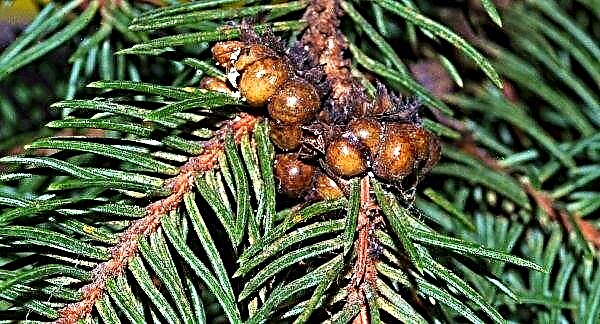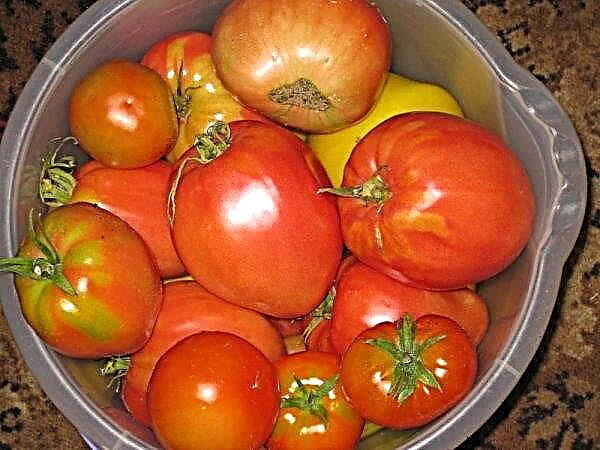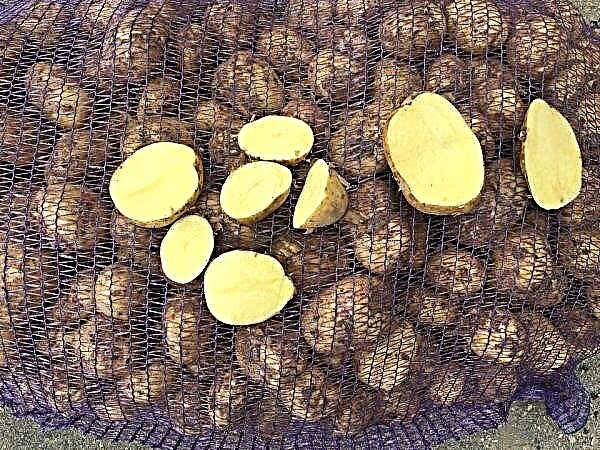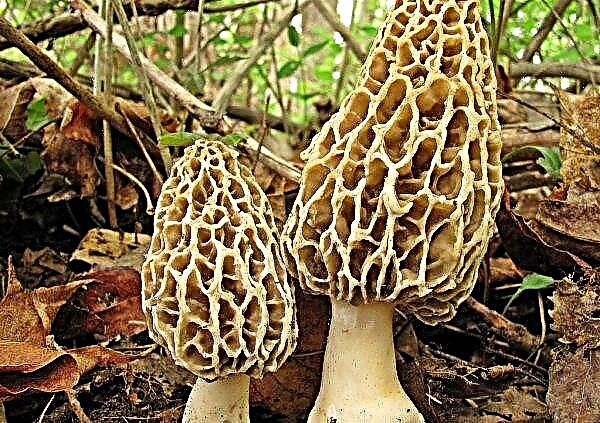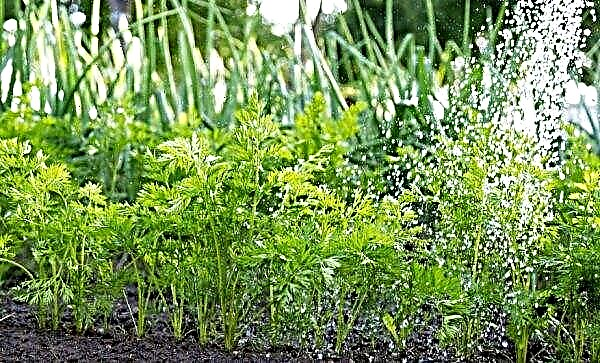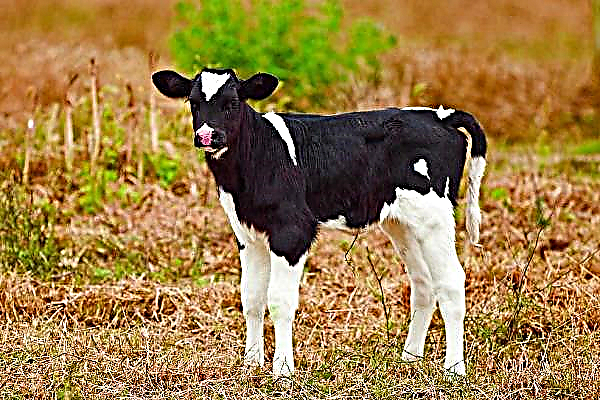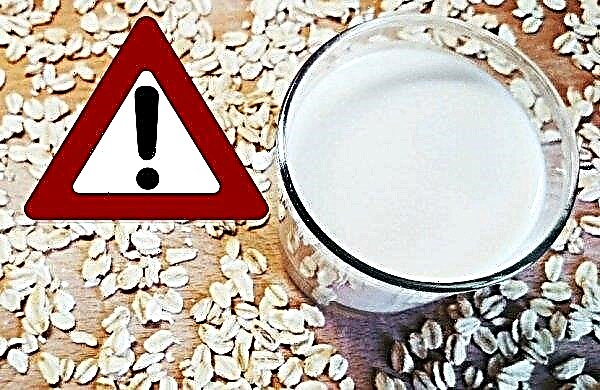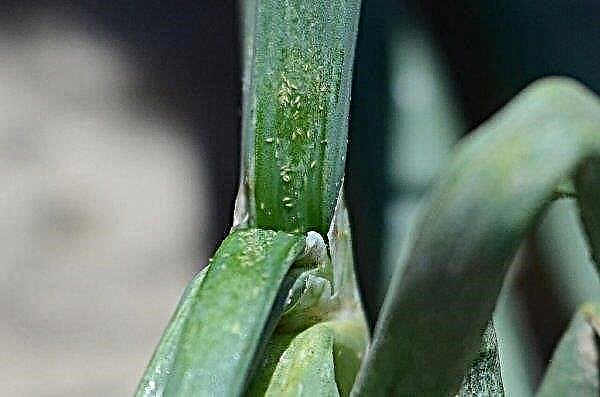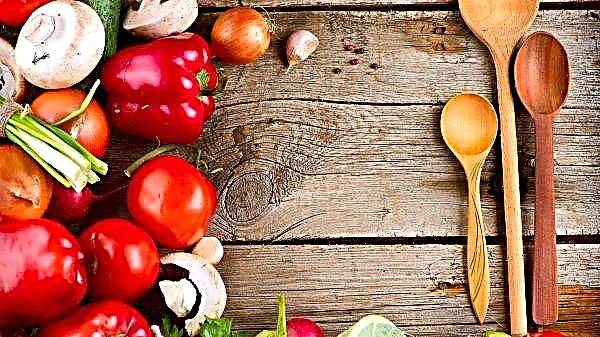Following recent cases of spinach poisoning, Turkish Minister of Agriculture and Forestry Bekir Pakdemirli has announced that farmers will be trained in spinach.
Direct speech: "We need to further explain to them how to prepare products and what to send to the market, and what not to send to the market."
Direct speech: “You can safely eat spinach,” Minister Pakdemirli said, sharing consumer concerns about spinach. Buyers were poisoned due to poisonous herbs caught in bunches of spinach. Cases of poisoning were not associated with pesticides. If pesticides were used, these wild herbs would not exist at all, he explained.
 Spinach improves eyesight, preserves youthfulness and skin tone, supports the immune system and nervous system, makes memory better, relieves stress and regulates blood pressure.
Spinach improves eyesight, preserves youthfulness and skin tone, supports the immune system and nervous system, makes memory better, relieves stress and regulates blood pressure.
Pakdemirli asked the housewives to remove the arugula-like herbs from the spinach bunches. Direct speech: “Usually our farmers know about it. However, a mistake was made. We learned about this, and we will continue to educate our farmers on this issue. ”
Ministry officials have already begun these trainings in areas where farmers grow spinach. There is no problem in spinach itself; it is a very good winter vegetable. People should eat spinach without any worries, Pakdemirli added.
- Earlier it was reported that in Turkey more than 60 people were poisoned by using purchased spinach, which got poisonous weeds.
- Due to the high demand throughout the year and the difficulty of getting arugula in the open field, Ukrainian farmers are increasingly using greenhouses to grow this crop.
- According to the US Department of Agriculture Environment Working Group's annual data analysis, strawberries, spinach and cabbage are some of the most “pesticidal” foods.
- Given consumers' right to healthy food, the Indian government is also preparing to set up three pesticide testing laboratories.
- Over the past 10 years in Nepal, pesticide imports have grown at an incredible amount.


